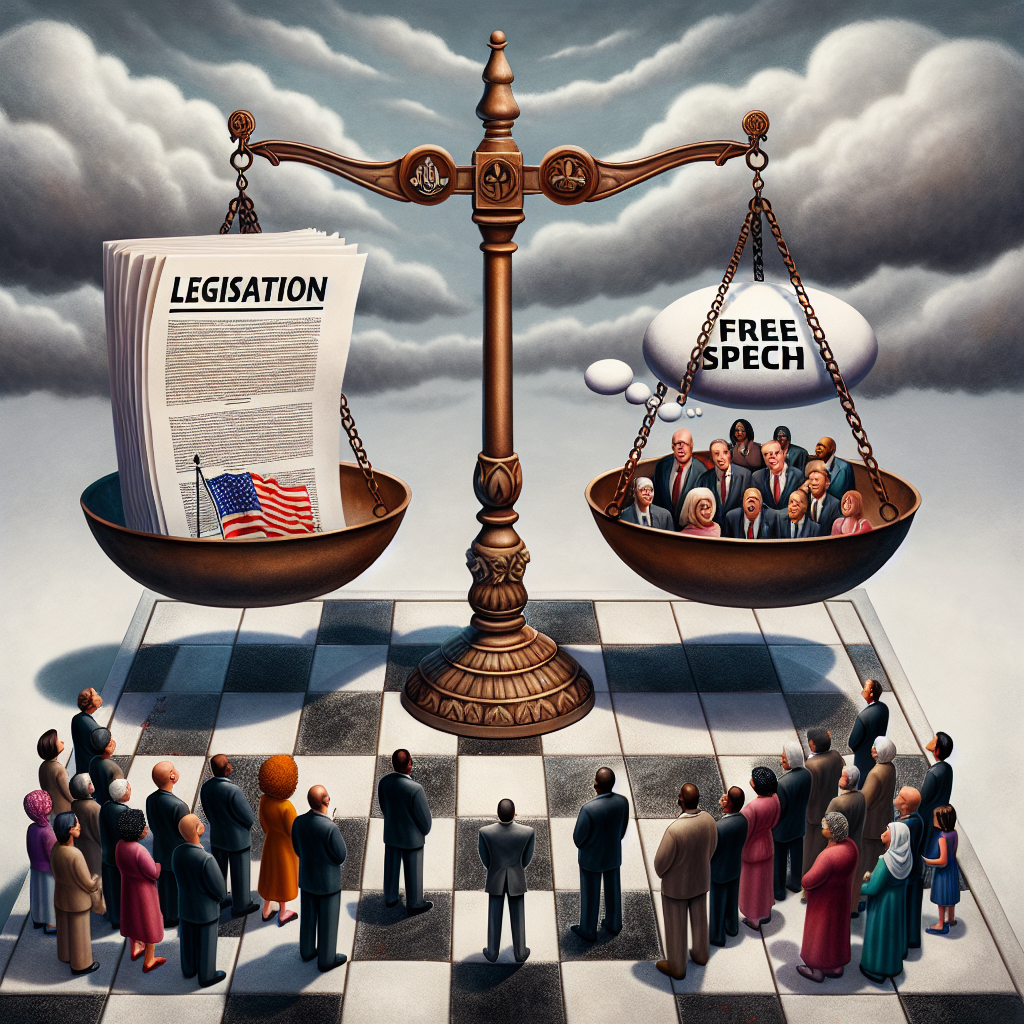US Legislation to Prohibit Israel Boycotts Sparks Right-Wing Free Speech Concerns
US Legislation to Prohibit Israel Boycotts Sparks Right-Wing Free Speech Concerns
Introduction
Recent legislative efforts in the United States aimed at prohibiting boycotts against Israel have ignited a debate over free speech, particularly among right-wing groups. This legislation seeks to counteract the Boycott, Divestment, Sanctions (BDS) movement, which advocates for economic pressure on Israel over its policies towards Palestinians.
Key Aspects of the Legislation
- Objective: The primary goal is to prevent businesses and individuals from engaging in boycotts against Israel.
- Scope: The legislation targets entities that participate in or support the BDS movement.
- Enforcement: It includes measures to penalize those who comply with international calls for boycotts against Israel.
Right-Wing Concerns
While the legislation is designed to support Israel, it has raised significant concerns among right-wing groups in the US, who argue that it infringes on free speech rights. These concerns are rooted in the belief that:
- Free Expression: The legislation could set a precedent that limits individuals’ and businesses’ rights to express political opinions through economic choices.
- Government Overreach: There is apprehension about the government’s role in dictating the political stances of private entities.
Implications for US-Israel Relations
The legislation underscores the strong diplomatic ties between the US and Israel, reflecting a commitment to counteract movements perceived as hostile to Israel. However, it also highlights the delicate balance between supporting an ally and upholding constitutional freedoms.
Conclusion
The proposed US legislation to prohibit boycotts against Israel has sparked a complex debate, particularly among right-wing groups concerned about free speech implications. While it aims to support Israel and counteract the BDS movement, it raises questions about the extent of government intervention in private political expression. This issue encapsulates the ongoing tension between international diplomacy and domestic constitutional rights.

















